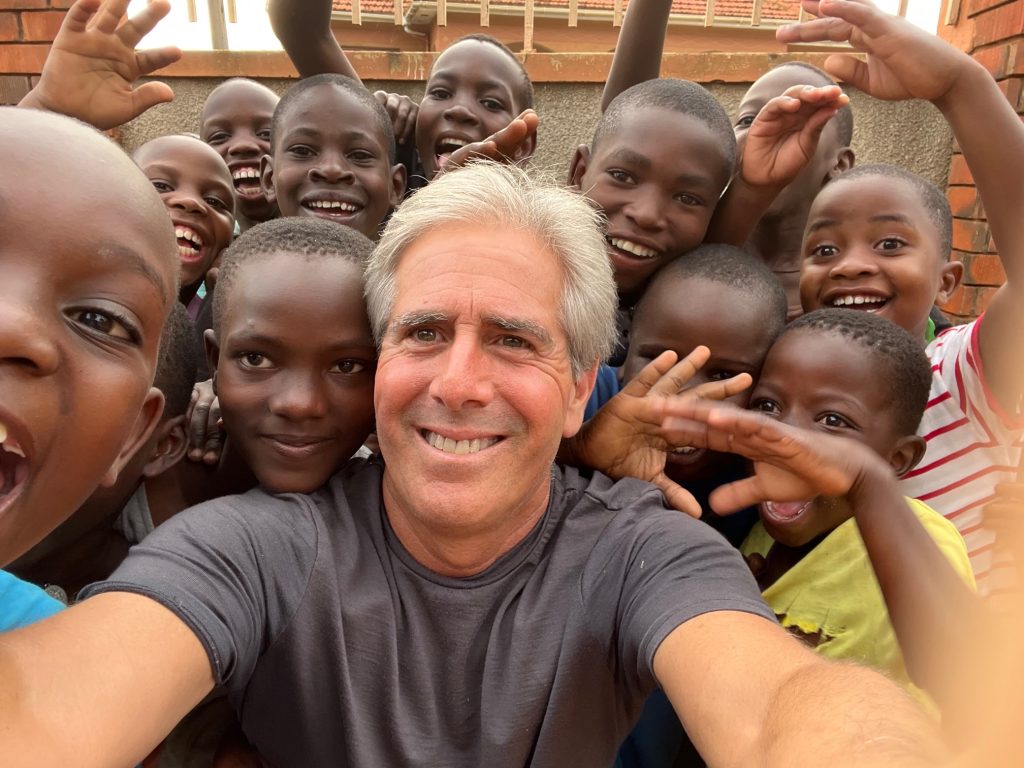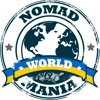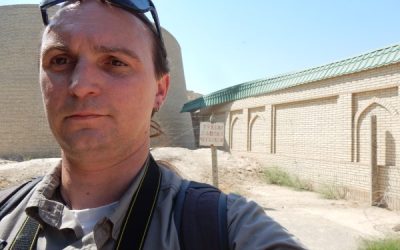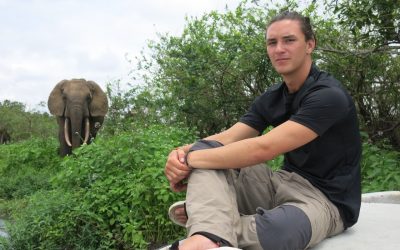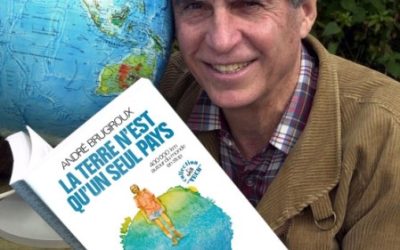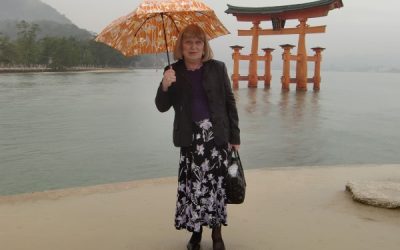Meet Barry Hoffner the globetrotter who discovered his passion for exploring foreign cultures and making a difference in the world. Born and raised in Southern California with a Middle Eastern heritage, he took a life-changing backpacking trip to Europe at 18 and later lived and worked in Buenos Aires, Paris, Tokyo, Singapore, London, Zurich, and Moscow.
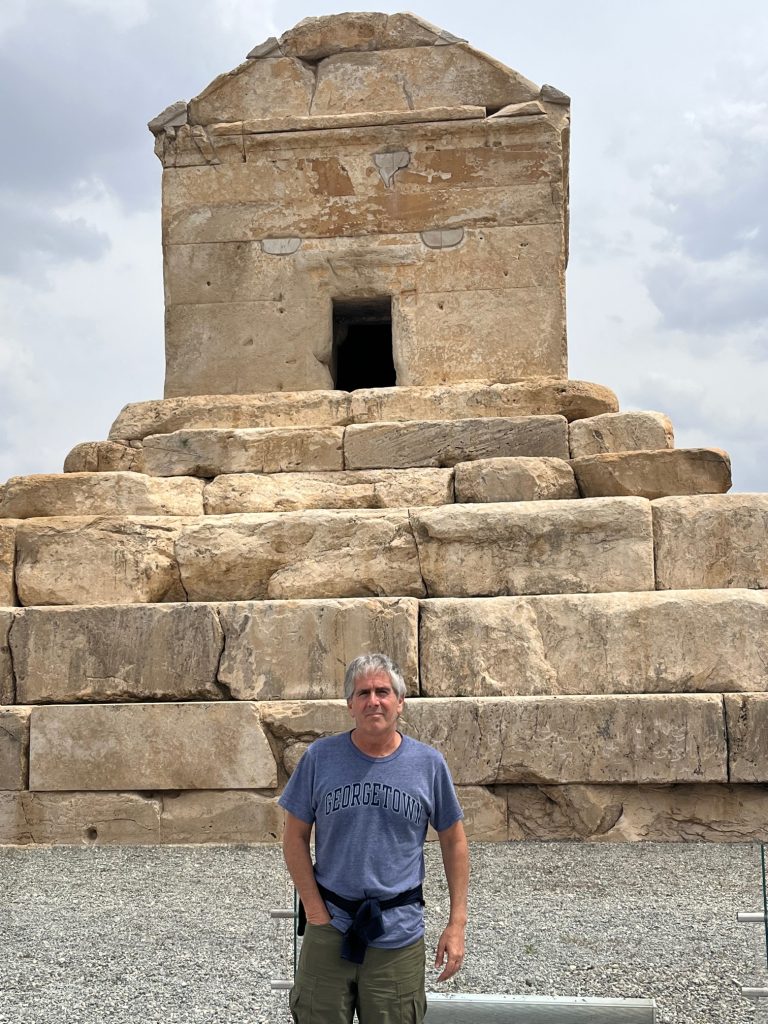
Barry, please tell us something about yourself. Where do you come from and how did you start travelling in the first place?
I grew up with a very middle-class Southern California background despite me having some Middle Eastern culture in my bloodlines, as my mom was born in Baghdad and moved to the US when she was very young. I took a “flip-of-the-coin” backpacking trip to Europe when I was eighteen and that changed my life. As Steve Jobs said in his famous commencement speech at Stanford, “You can only connect the dots afterwards”.
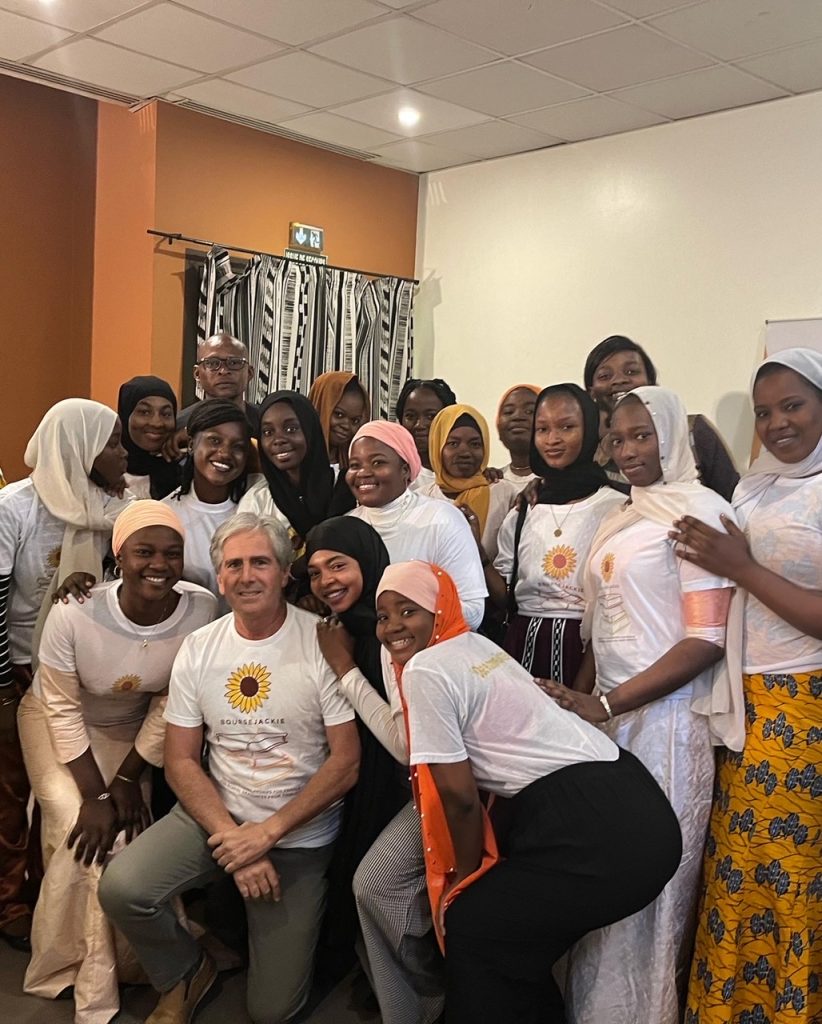
How did you become in love with travel?
I had already done a fair bit of travelling during college and then moved to NYC for graduate school. However, after graduating from Columbia Business School in 1985 and getting a job with JP Morgan, I had the opportunity to live and work in Buenos Aires for six months and that set the direction of my life.
From 1985 until 2002, including two years working in NYC, I lived and worked in Buenos Aires, Paris, Tokyo, Singapore, London, Zurich and Moscow with frequent travel for both business and pleasure in between. I always felt I was at my best, alert, inspired, excited, and with my brain working overtime when I was in a foreign culture.
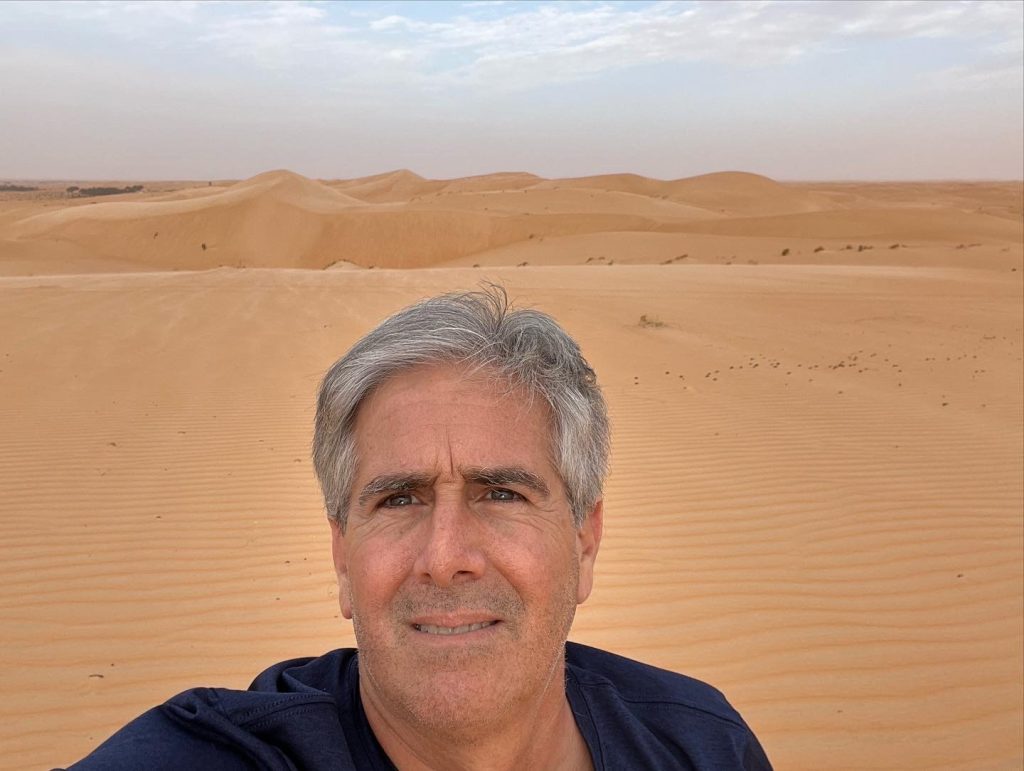
When and how did you first found your Caravan to class organisation?
My wife, Jackie, and I moved our boys (Benjamin and Daniel) back to the U.S. from Moscow in 2002 with a desire to raise our children in the Bay Area. My job focus switched from Investment Banking to growing winegrapes and olives while the kids were young. At the age of 50, back in 2010, my wife was kind enough to let me take a 50th birthday bucket-list trip to Mali and particularly Timbuktu, which had been a dream of mine since I was young.
While in Timbuktu and at one of the very last “Festivals Au Desert” I visited a village, Tedeini, not far from Timbuktu and, on the spot, decided I wanted to build that village a school to celebrate my 50th birthday. That launched Caravan to Class. I could not possibly have imagined, on that day in January 2010 when I called Jackie from Timbuktu to tell her of my plans, the journey that has unfolded. One of the most important lessons I have learned in my life is to “Take the First Step”!
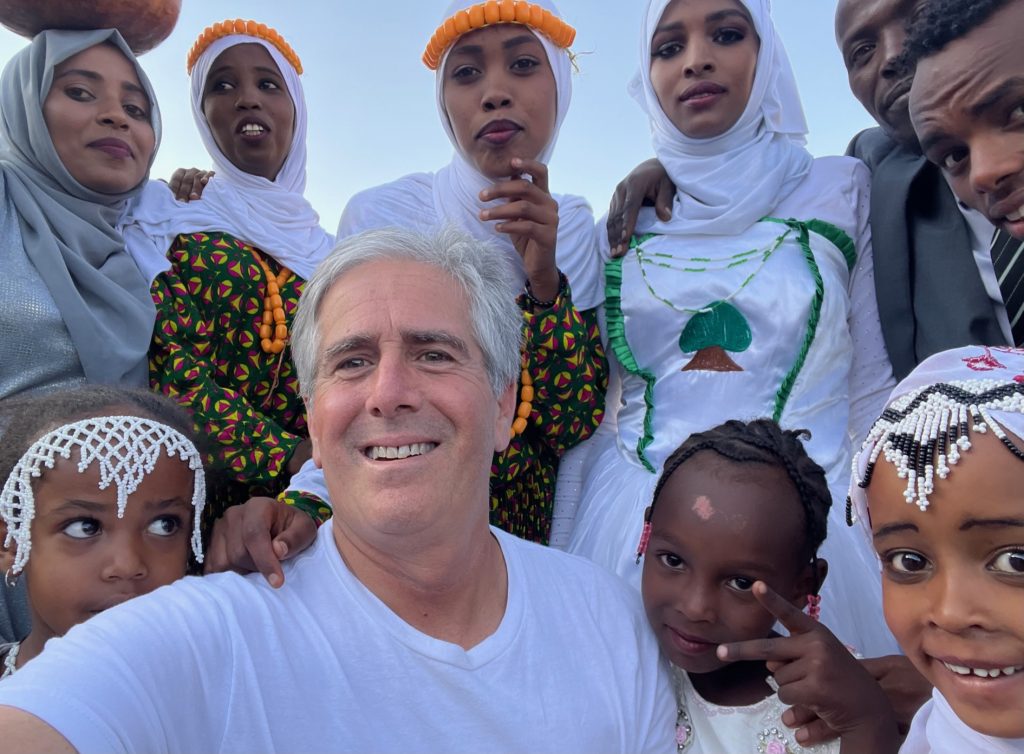
What do you find so special about Mali and Africa? Please tell us more.
Often times we don’t pick our passions, they pick us. This was the case with Mali and particularly Timbuktu. When I first visited Mali, I definitely fell in love. But that also was the Mali of a while ago. These days, sadly, it is a much more challenging place to have the kind of freedom to engage and roam the country.
I love the amazing places, many of which are nearly impossible to visit (or visit well) these days, Djenne, Timbuktu, Dogon Country, etc. More than that though, I loved the different ethnic groups and how they engaged with one another (something that has changed to a good extent these days) and how engaging they were with foreigners. I love the music!
These days what keeps me going back every year is the work of Caravan to Class and the amazing connections I have made, both with the people who work for me, the women we scholarship to a university, and the officials in the villages where we build schools. It brings a very high level of connection to the point where even in such a different environment (California vs Mali) I feel at home.
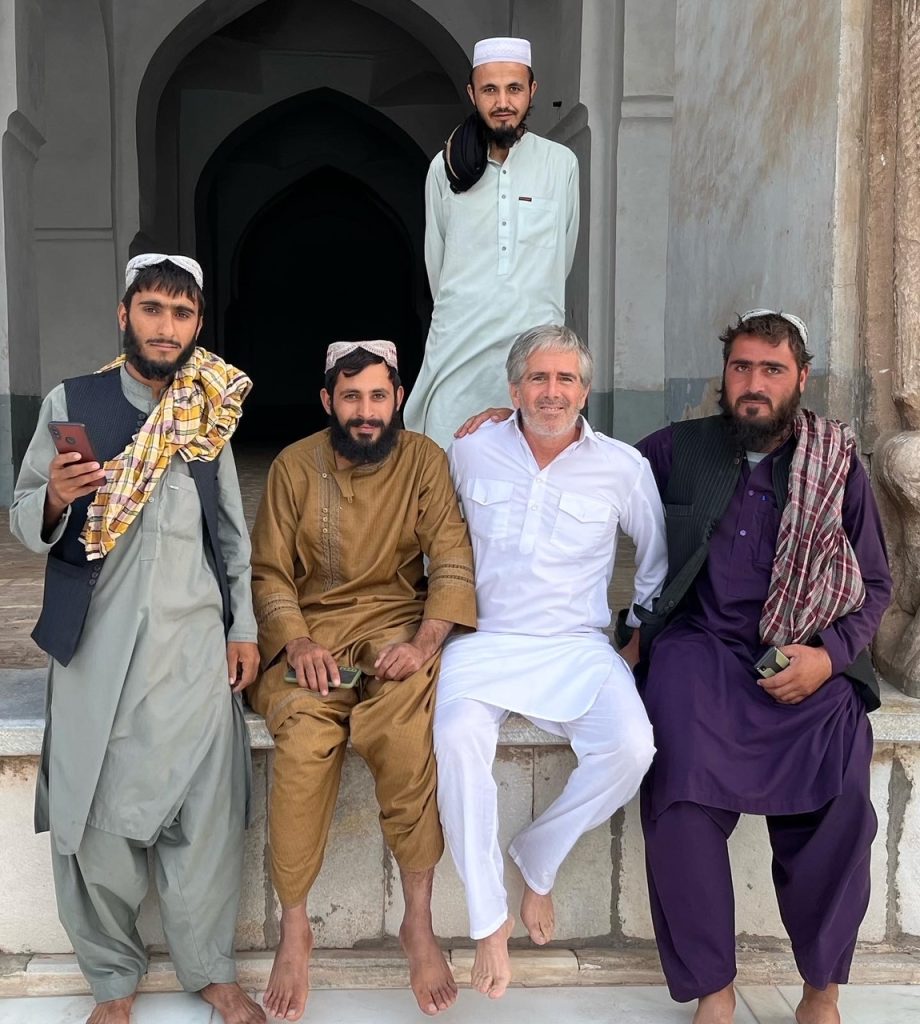
Please tell us more about the scholarship that you made in the name of your beloved, deceased wife. How many students got this scholarship so far and how are they doing?
The main work of Caravan to Class starting in 2010 was building and supporting French-based elementary schools in rural villages around Timbuktu. This past January we inaugurated our 17th school construction and support project. When we build a school, we pledge to support it for a period of three years, paying teachers’ salaries, and providing supplementary food, school supplies and uniforms.
We also run a Female Adult Literacy program in the local language for the mothers of the villages. We monitor but don’t manage the curriculum. We partner with the Timbuktu Ministry of Education to run the schools and the curriculum. Since 2010, we have invested over USD 3 million in building and supporting schools in Timbuktu.
While we will continue to build and support schools at a rate of one a year and will soon start our 18th school construction project with a target inauguration date of January 2024, the main focus of Caravan to Class has changed a bit.
After losing my wife, Jackie, to a tragic accident in Botswana in 2017, we launched a university scholarship in her name entitled Bourse Jackie (the Jackie Scholarship). This scholarship is a very selective scholarship (determined by scores on a selection exam held every October in Timbuktu) awarded to five young women annually from the four high schools in Timbuktu.
It is an all-inclusive scholarship and we pay for private university tuition (all universities in Mali are in Bamako, the capital), a stipend for transportation, laptop computers, an all-expense paid intensive 3-month English language program in Accra, Ghana and a month Women’s Leadership & Empowerment program.
We pick the brightest and most deserving women, invest a lot in them and expect to have successful futures and influence other young women from Timbuktu to go to university. From our first cohort of graduates, we have been able to get two young women in a program run by the US State Department that sends promising young African women to the US to study women’s issues for six weeks.
Two others have promising jobs in Bamako and Timbuktu. The woman who runs this program for me is herself an Obama Foundation Young African leader and personally got to be on stage and interact with President Obama at his World Democracy Forum in November 2022.
To date, we have provided scholarships to twenty young women thus far, many of whom I know quite well and am in contact with on our WhatsApp group chat. Our big goal is to one day be able to offer a Bourse Jackie scholarship to any young female high school graduate from Timbuktu that meets our minimum academic requirements. In a place like Mali, particularly from Timbuktu, a university degree is a generation game-changer.
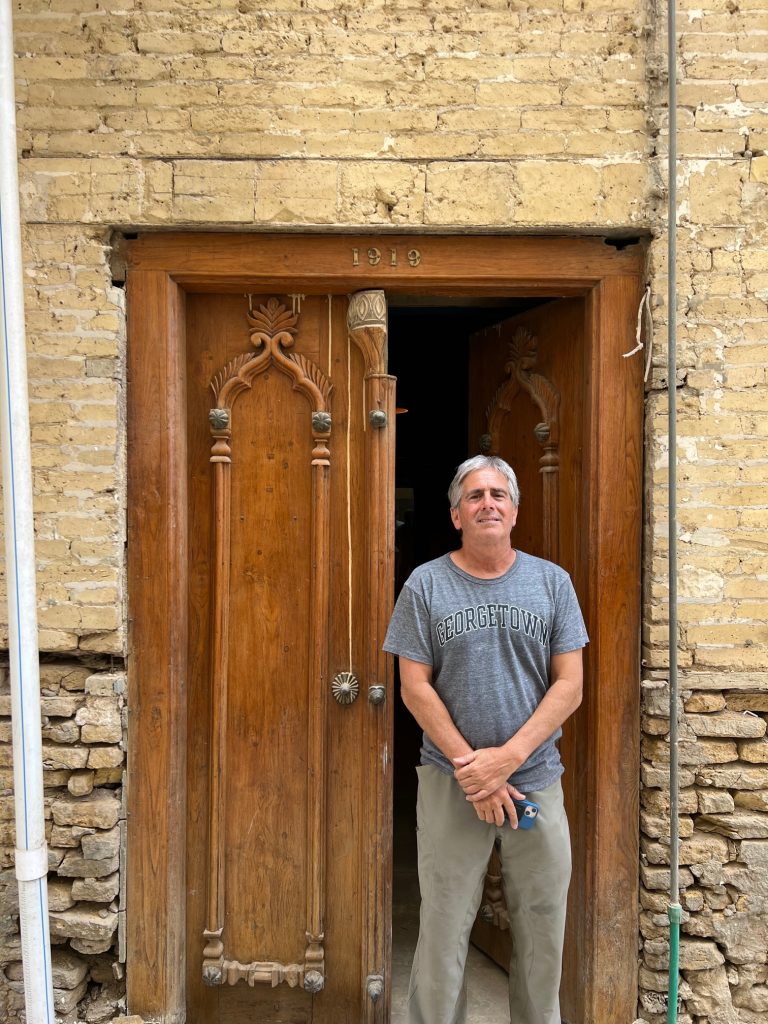
We know that you want to visit all UN countries. Can you tell us more about this and where you are in that journey right now?
As of today, April 12th, I am currently in Iran, a country that I have been rejected twice for a visa since first applying in 1996 and then Syria where I will celebrate my 63rd birthday in Damascus, a life’s dream for me. That will make 157 of 193 countries. It now looks like I will be getting to Libya very shortly, Inshallah. So that will only leave North Korea as the country I will likely not be able to travel to for a while.
Thus, I may have to be satisfied with 192 for now. I hope to finish by the end of 2024 to coincide with a book that I hope to launch, not coincidentally called “The First Step ‘ My Journey to Every County in the World for Healing, Knowledge, and Connection.
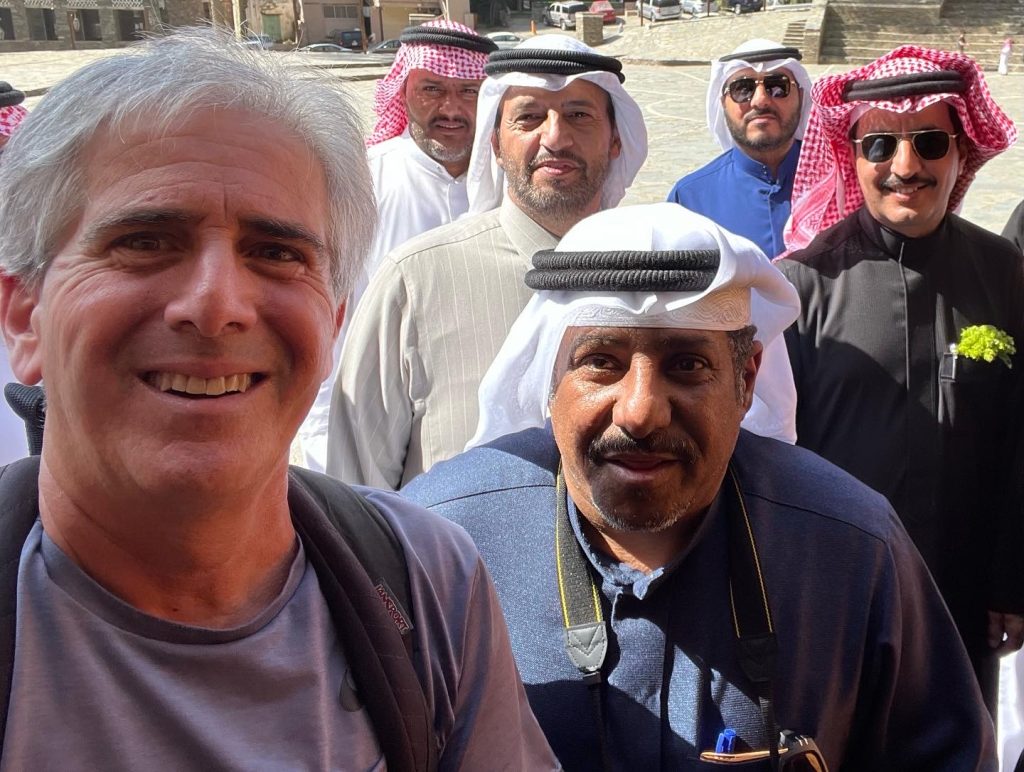
What are your biggest travel interests? Where do you go before you go everywhere else?
There are so many good reasons and ways to travel. My focus is on knowledge…ie. Trying to understand the world better and tie loose threads of history and culture together. I spend a fair amount of time researching a country before I travel there, its history, culture, people, sights etc.
My guides have been an indispensable help in this journey. I would love to spend more time in a number of places but given my time-line, I usually spend a week or so in the more interesting, larger countries and less in the others.
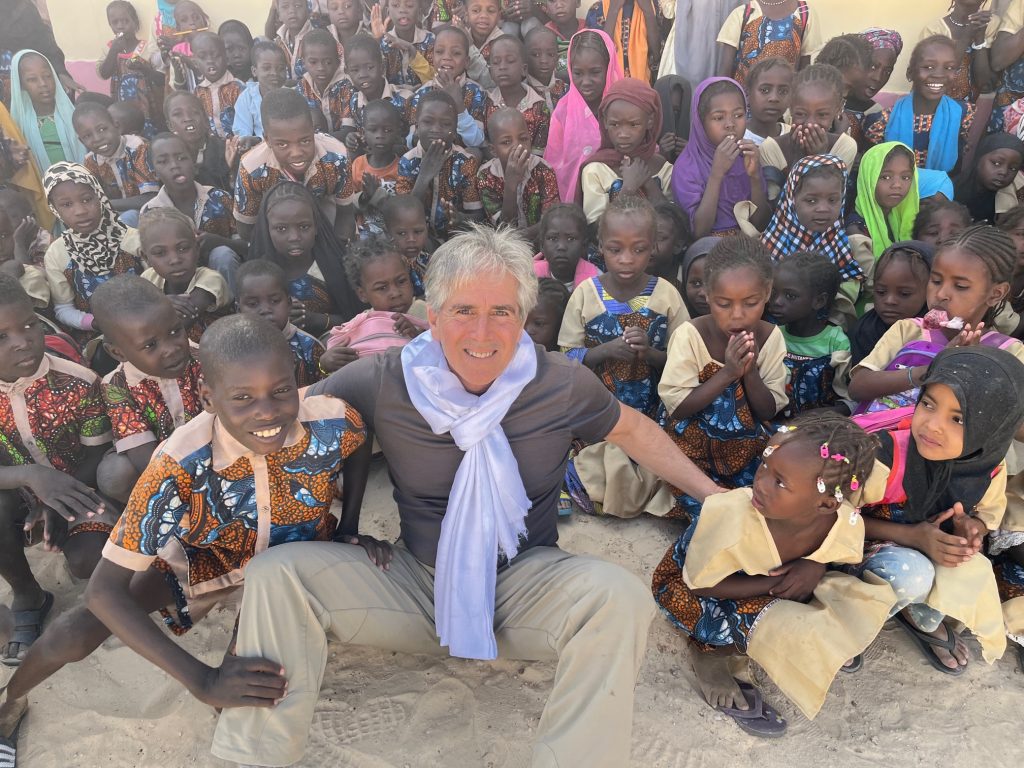
What were some of your biggest surprises on your travels so far?
I have long been a huge fan of Africa… with so much admiration for the resilience of the people and the spiritual strength of their cultures. However, in the past year, traveling to so many countries in the Middle East and/or Arab-speaking countries has been my biggest surprise.
Perhaps it is a function of feeling greater connection because my mother is from Baghdad or also because I have spent the past four years studying Arabic (thought I still have a long way to go), which makes the experience of connection so much richer. But also, the strength of family and the incredibly hospitality and warm-heartedness especially in places like Iraq, the Levant, Yemen etc. Middle Eastern culture is so misunderstood in my country.
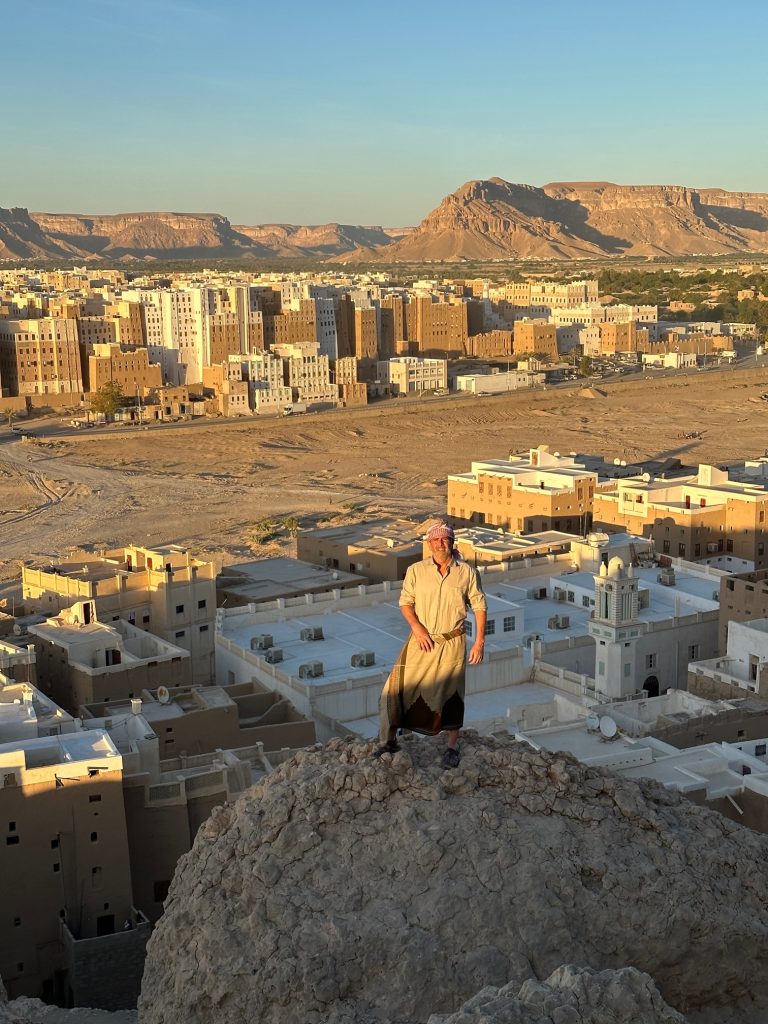
Do you have some special travel stories to share with us?
Like many others, there are so many. One that I think about a lot and speaks to our ability as humans to connect occurred in Suriname. I was traveling to Suriname, Guyana and Trindad & Tobago in January 2020. Researching visa needs in December, I saw that no visa was needed for Guyana and Trinidad & Tobago. Suriname was visa-on-arrival. I arrived at the tiny airport in Paramaribo in the late afternoon, waited by the “Visa Desk”.
After like ten minutes of no one coming, I went to the immigration desk and they told me that visa laws had changed and, as of Jan 1 (it was January 11th ) US Citizens needed a visa to enter Suriname. After searching my bags they told me they would be deporting me on the next flight which was 14 hours later, the next morning. An immigration officer escorted, kept my passport saying he would return it to me before my flight the next day, to a tiny transit room where everything was closed.
I was about to fall asleep on a bench for the night when I remembered that I had booked a jungle tour the next day, through the Marriott in Paramaribo where I was staying. I texted the woman to cancel the tour. She texted back asking why. I explained the story to her. By that time, it was in the evening like 8pm. At about 10pm with me being asleep on a bench, I feel a tap on my back. It was an immigration officer who said to me “it is your lucky day”.
This amazing woman went back to the Marriott from home, called everyone she knew…finally getting the Foreign Secretary of Suriname on the line and pleading to grant me a visa. It worked and by 11pm I was at the Marriott. She was there waiting for me. These are the kind of experiences that make you realize there are some just incredibly beautiful people in this world!
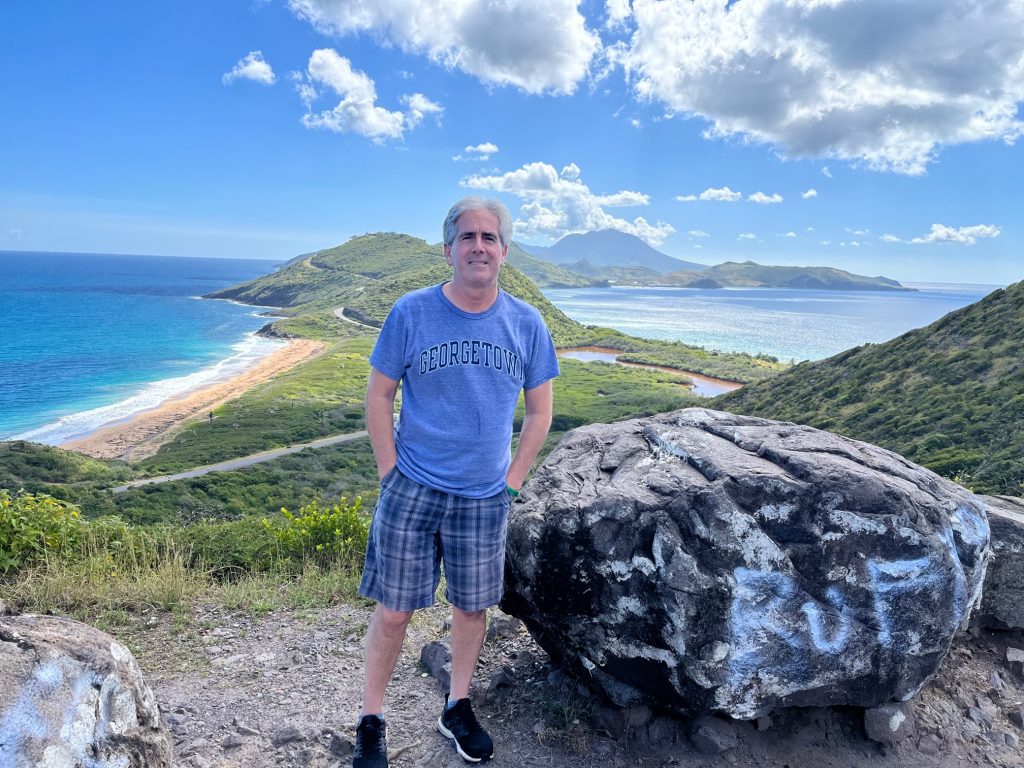
Can you tell us about some special events that stayed with you more related to Africa and your organization?
My first few years of building schools in Timbuktu, I would stay in the village for a night or two…and that was such a rich experience for me, just another world. That all changed sadly after 2012.
Another peak experience for me was bringing my older son, Benjamin, to Timbuktu (the whole family traveled to Mali together in 2011) during his university GAP-year in early 2017 where he officially opened one of the schools we built for the first time…watching him interact with the children and the smiles all around is a memory I will keep with me forever.
These days, when I travel to Timbuktu I take a UN flight and stay at the UN military base which cuts down on my ability to feel the local Timbuktu experience but hopefully that will change one day.
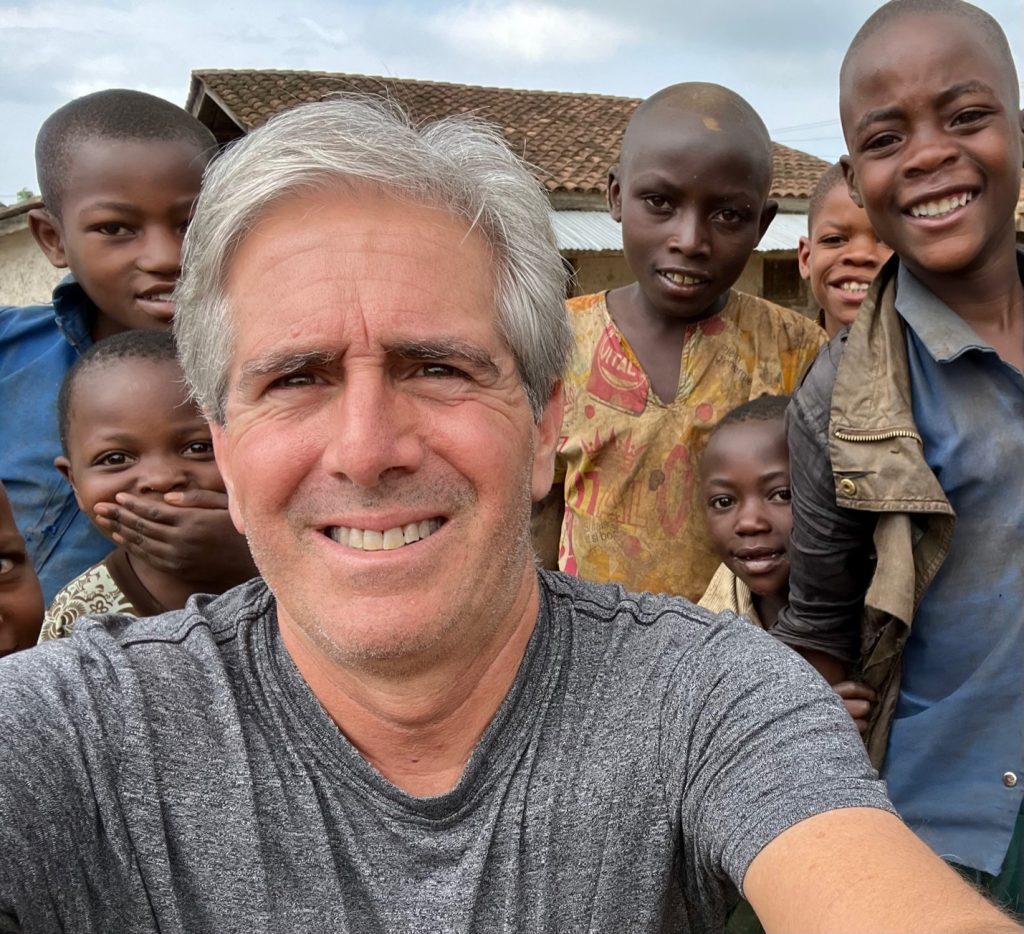
What is it about the travel that gets you excited the most and what keeps you going even when it is tough?
Truthfully, travelling has been a constant for me the past 45 years…a long time. It never dawned on me the idea of traveling to every country in the world until I spoke with Alvaro Rojas of Wander Expeditions. Hearing about how he had traveled to every country in the world and speaking about places I could only dream about going to before gave me the energy, excitement and courage to up my game.
From that conversation was born this travel journey I am on which has meant so much to me in so many ways, far beyond just the places visited. Sometimes in your life you feel “a calling” to do something even if it does not 100% make sense. I guess that is what I mean about taking “The First Step”. Certainly, the pace at which I am traveling can be tough, trying to hit my last country, which I have reserved for Botswana, by the end of 2024.
However, I have enjoyed every minute of it though I do miss some things about home; my boys, friends, and my girlfriend.
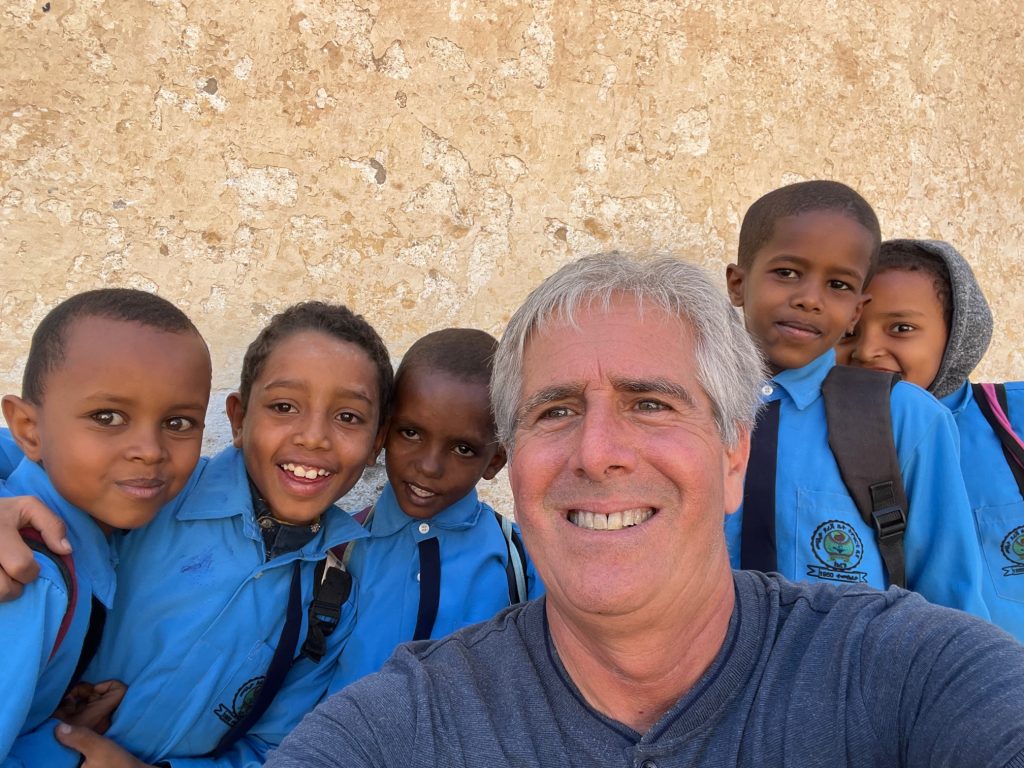
How did your general view of the world change with travelling?
I cannot say so much that my view of the world has changed…more just that it has reinforced a number of things. That our leaders use nationalism to divide and control us in so many ways. That becomes apparent when you see that you are able to connect and even understand one another’s differences from such completely different places.
Take my own case for example, I am a Jewish-White-American and I can confidently say that some of the people I love the most are Muslim-Black-Africans in Mali. Also tying lose threads of history together reinforced that we all come from the same place and can trace our evolution to the beautiful diversity we now have in the world….something that should be appreciated, celebrated, absorbed versus used to divide us.
I feel incredibly blessed and fortunate to be able to travel like I do. But sadly, so few can. It is also clear that if everyone had the opportunity, we would have so much less violence and division in the world.
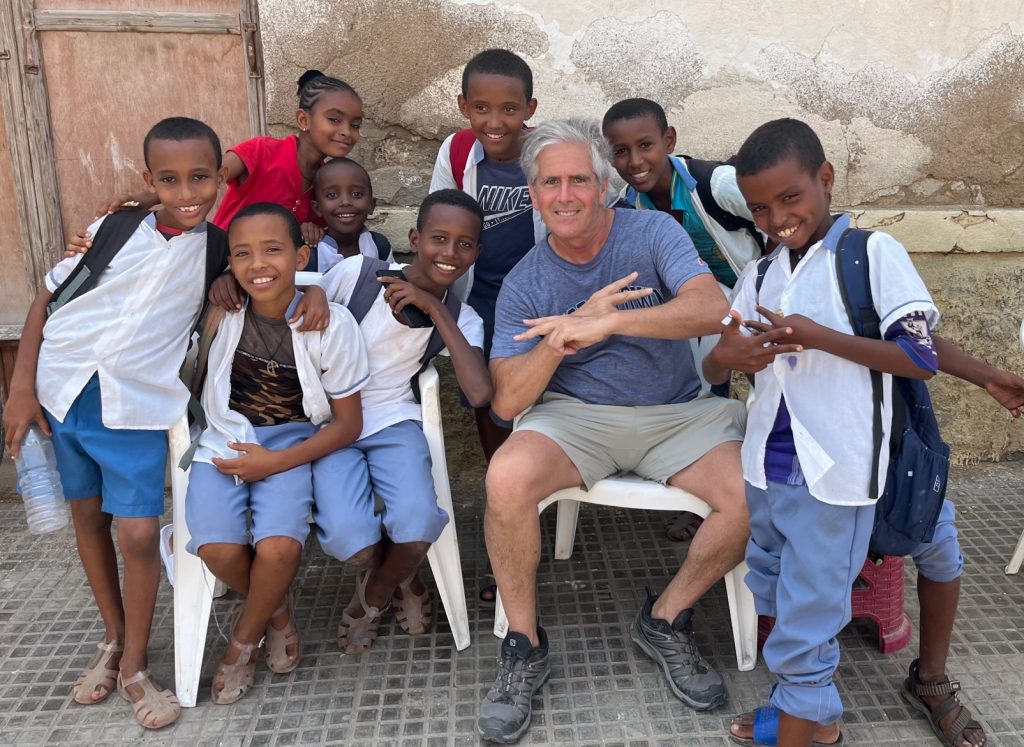
What do you think is the one thing everyone can and should learn from travelling?
See above plus flexibility and keeping an open-mind that we can really learn from others, even or particularly from countries significantly poorer materially than our own.
You are one of NomadMania’s most generous donors in the past year. Can you please tell us more about why you chose to donate in the first place and what would you recommend to other members of the community?
First, this journey I am on has been so meaningful to me. It would be such a different experience without having met and been able to be a tiny part of the extreme travel community. I have made so many new like-minded friends from all over the world. I have learned a ton from them and hopefully they have learned a thing or two from me.
NomadMania is a huge part of this…creating, promoting, linking and helping those in the community. It is a no-brainer for me to give back to NomadMania for all you have done. I simply think of how much I have spent traveling…it is a very small “give” to support your organization relative to what I feel I have received.
We have one question that we ask all of our guests, our signature question: if you could invite 4 people from any era to dinner, who would your guests be and why?
Easy:
Spiritual: The Dalai Lama (or even better Buddha)
Adventure: Ernest Shackleton (my wife’s favorite historical character)
Cultural: Lawrence of Arabia (if nothing else than for mastering Arabic)
Political: Winston Churchill
